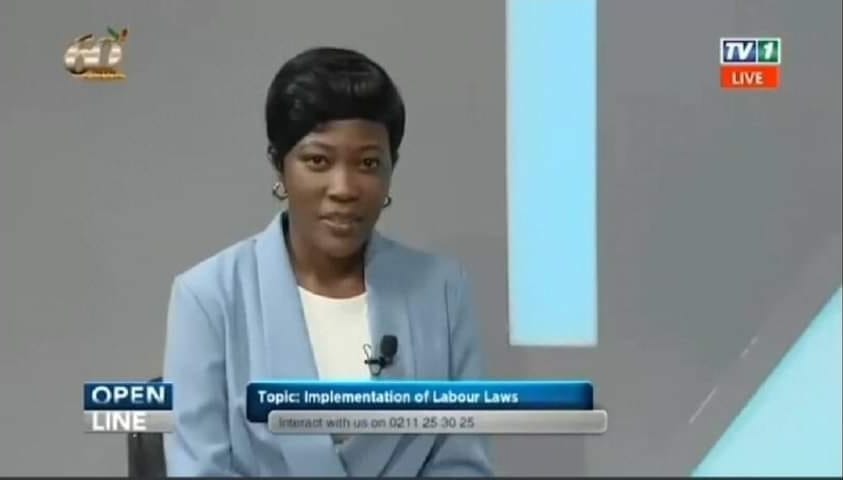
Those Glorifying Margaret Chisulo Actions You Are Leading Her In A Destructive Path
THOSE GLORIFYING HER ACTIONS YOU ARE LEADING HER IN A DESTRUCTIVE PATH
The level of critical thinking in Zambia’s social landscape is cause for concern, particularly evident in the recent controversy surrounding ZNBC staff member Margaret Chisulo. While some defend her actions, it’s essential to delve deeper into the social and cultural contexts that shape behavior in human beings. In social sciences we study human behaviour.
In any investigation, understanding the individual’s background and motivations is crucial. Advanced countries employ this approach to analyze various factors contributing to crimes, such as media consumption habits and social interaction. Margaret’s lapse in professionalism demands serious disciplinary action, coupled with constructive advice for personal and cultural growth than those praises you are showering her.
As a journalist, Margaret must embrace cultural diversity and avoid projecting personal biases onto public platforms like ZNBC. Those justifying her behavior should recognize the dangers of misinformation and its consequences, as seen in past incidents like the Kalaba accident.
To Margaret, genuine improvement requires a shift in mindset and a commitment to professionalism. Being a journalist is akin to being a social worker, carrying a responsibility to truthfully and ethically inform the public. Let this incident serve as a catalyst for positive change and a reminder of the importance of critical thinking in journalism.
The recent incident on TV wasn’t just about the presenter or the panelists; it was an opportunity to engage with a diverse audience, including Lozi speakers. When the caller expressed frustration at the preference given to Bemba and Nyanja callers, highlighting her ability to communicate in English as well, the presenter could have seized the moment by allowing her to express herself and providing interpretation if necessary. Limiting languages to those understood only by the presenter was a misstep, considering the program’s aim to reach all Zambians.
Today, Black people across Africa rightfully voice their concerns about racism, often perpetuated by various mediums, including the media. It’s crucial to recognize that similar divisive traits manifest within our own societies through tribal segregation, which we sometimes overlook. Public institutions play a pivotal role in shaping societal norms and perceptions; therefore, they should be led by individuals with a national character, fostering unity and inclusivity rather than tribal divisions.
Truth be told, even the callers who contributed in Bemba or Nyanja likely had proficiency in English, evident in their ability to formulate questions for an English-language program. This oversight underscores the importance of inclusivity and language accessibility in ensuring effective communication with the entire Zambian populace.
Respecting her privacy prevents me from delving deeper into certain issues that might shed light on her attitude towards the Lozi caller. However, it’s essential to acknowledge that there may be underlying factors influencing her behavior, and addressing these is crucial for her personal growth.
While advocating against Margaret’s dismissal, it’s imperative to convey a sincere message urging her to undergo a mindset transformation, particularly in her approach to national matters. She should recognize the importance of embracing inclusivity and sensitivity in her role, prioritizing unity and understanding in her interactions with diverse audiences.
As a nation, we are still in a healing process, and speaking the truth is integral to that process. Adopting an open mindset and embracing our diversity while recognizing our unity under the banner of “One Zambia, One Nation” is vital for fostering understanding and reconciliation.
SIKAILE C.SIKAILE
CONCERNED CITIZEN